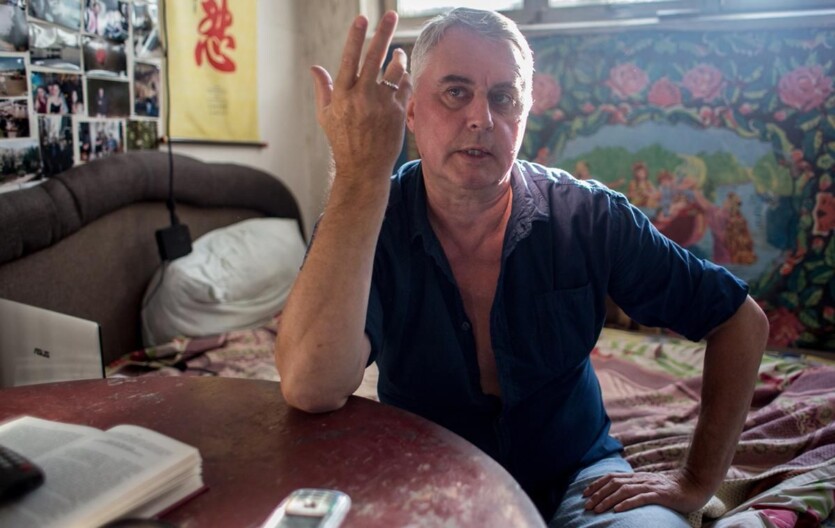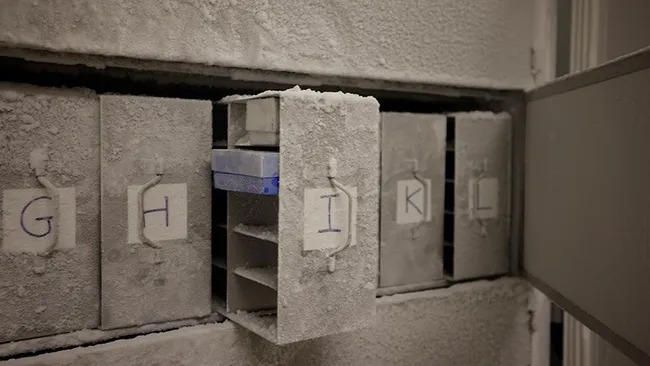
Swiss researchers from the Microbiota Vault project plan to freeze about 10 thousand human fecal samples in the so-called «Doomsday» vault.
They plan to collect the samples until 2029. Human feces contain billions of microbes, which, according to scientists, may be needed by future generations to address medical and sanitary crises. Currently, the storage facility already contains about 1,000 frozen human feces. It also stores about 200 different types of fermented foods that contain a large number of microbes beneficial to the gut.
The long-term goal is to have backups of bacteria in humans, animals, plants, and the environment so that future generations can conduct research, restore ecosystems, and invent treatment methods if necessary. Swiss researchers emphasize that the loss of microbes has already led to an increase in the number of chronic diseases, including allergic, metabolic, and autoimmune disorders. The loss of microbial diversity extends to environmental ecosystems, jeopardizing agriculture and ecosystem resilience.
The authors emphasize that since human activity has already disrupted the mechanisms of existence many microorganisms, they need to be protected. In particular, agriculture, thawing permafrost, and anthropogenic climate change, as well as the overuse of antibiotics, have already led to the destruction of microbiomes to the point where they will have to be artificially restored in the future.
As Dr. Martin Blaser notes, director of the Center for Advanced Biotechnology and Medicine at Rutgers University in New Jersey, says there is currently no evidence that reintroducing frozen microbes into the human gut can restore them. However, scientists hope that appropriate technologies will emerge over time.

A project in Switzerland called the «Microbiota Vault» was launched in 2018. The researchers who started it were inspired by the World Seed Vault in Svalbard, the «Doomsday» Seed Vault in Norway, which currently stores about 1.3 million plant samples to preserve genetic diversity as it is declining in the real world.
Researchers in Switzerland have received a total of 1,204 fecal samples and 190 food samples from Benin, Brazil, Ethiopia, Ghana, Laos, Thailand and Switzerland over the past seven years, and these samples are currently stored at -80°C at the University of Zurich Plans are also underway to find a permanent location for the storage facility, ideally in a cold climate country such as Switzerland or Canada.
«Perhaps in 100 years, saving these microbes will prevent a major catastrophe It is our duty to future generations to preserve this microbial diversity», — the researchers emphasize.
The results of the study are published in the journal Nature Communications
Source: LiveScience

Spelling error report
The following text will be sent to our editors: